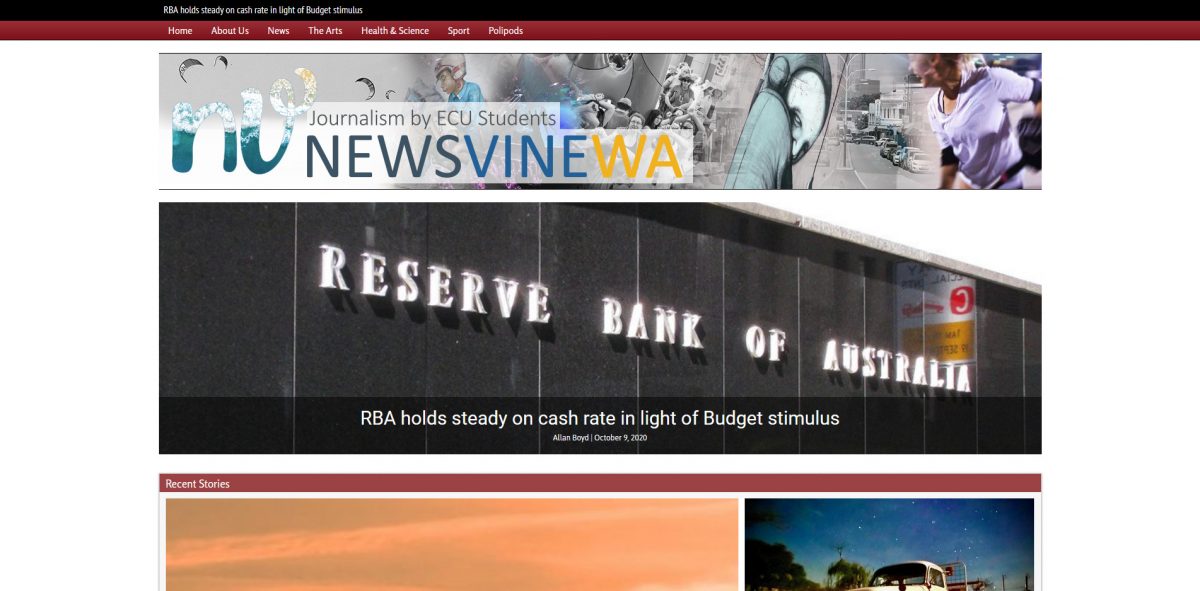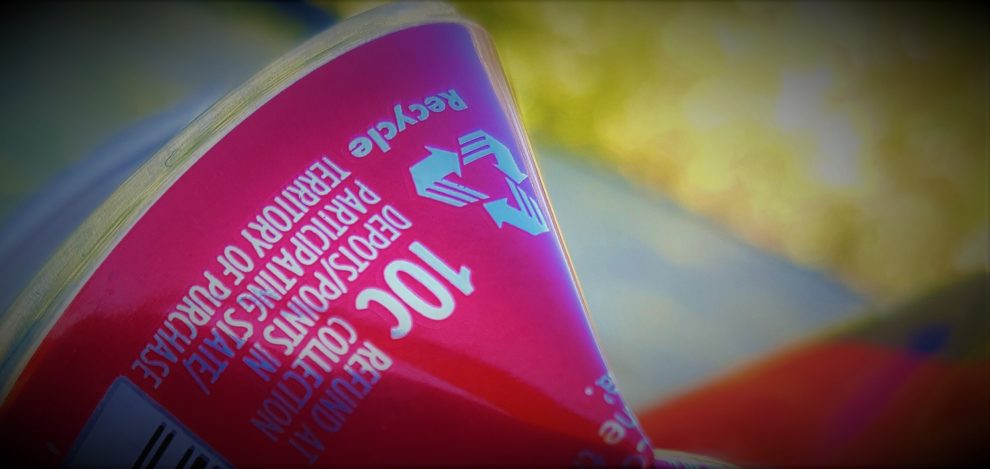Record low interest rates are likely to continue in the wake of the Federal budget as the Reserve Bank of Australia considers ways to support jobs and economic growth, economists predict.
The record-low cash rate target of 0.25% remains unchanged for the seventh month in a row, following emergency measures taken in March to reduce impacts of a COVID-driven recession.
Economics commentator and former Deutsche Bank investment banker Claire Rushe said the RBA’s decision to maintain the current cash rate setting was not surprising.
“With fiscal policy drip-feeding all day, why would you use the last bullet of monetary policy,” she said.
“It would be quite poor timing.”
The RBA also considered future “additional monetary easing,” signalling further rate cuts as the economy expands.
Despite the RBA’s “dovish” language, Ms Rushe said she was sceptical of deeper rate cuts.
She said her time at Deutsche Bank during the 2008 global financial crisis saw wholesale slashing of rates, resulting in clients “paying money to put cash in the bank.”
“Cash rates going down further may not have much kick,” Ms Rushe said.
“But dovish language like this keeps the general population thinking there is monetary policy potential to support it. Hopefully, they don’t need to use it.”
Ms Rushe said it would be worthwhile to see how the Federal government’s fiscal stimulus handled the reduction of JobKeeper and JobSeeker.
The RBA noted economic recovery was under way in most of Australia, although the second-wave covid-19 outbreak in Victoria had resulted in “further contraction.”
With the differing levels of economic recovery around the country, Ross Forrester, director of Westcourt Accounting in Perth, said he expected the central bank to remain stoic.
“The blunt instrument of the RBA has big impact – if you change interest rates, you change them across Australia,” he said.
“Whereas the government’s fiscal stimulus can target business needs in places like Victoria and New South Wales which are more affected than say, WA.”
The RBA is expected to publish a full set of updated forecasts next month.
Published in the NewsVineWA – student journalism publication for Edith Cowan University in Western Australia:



